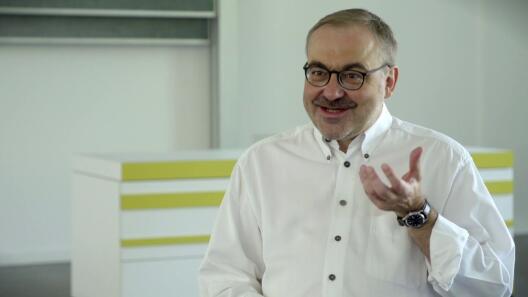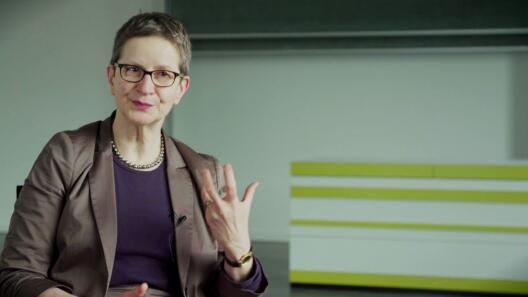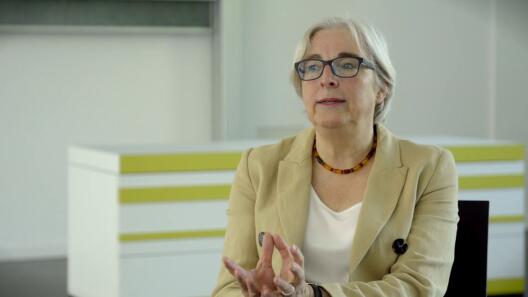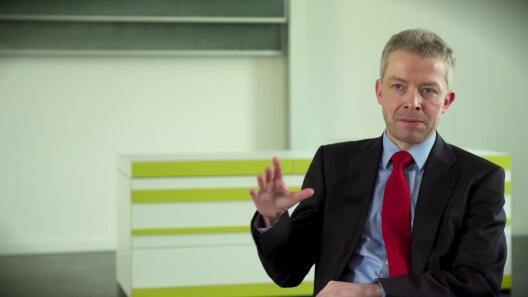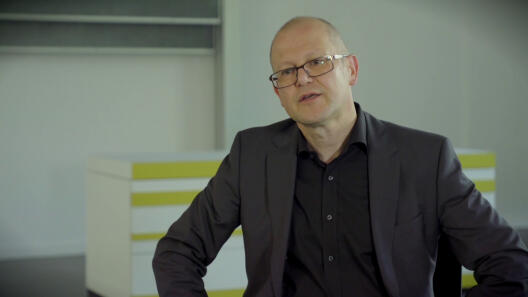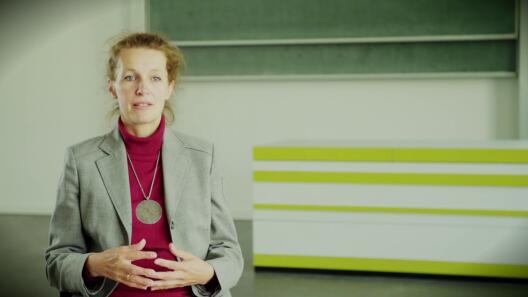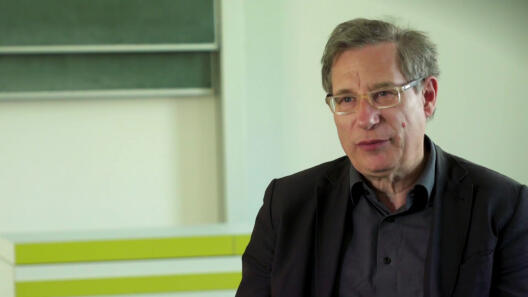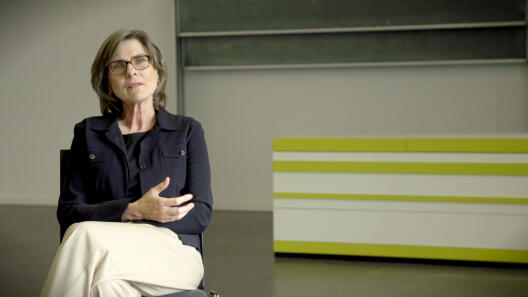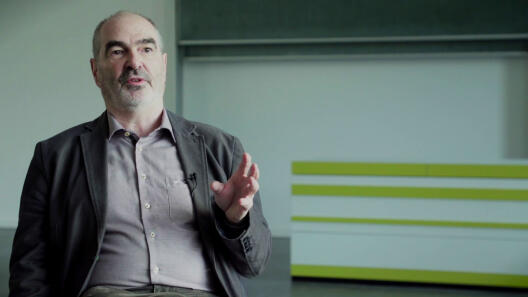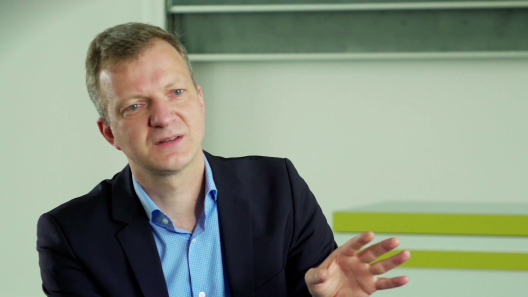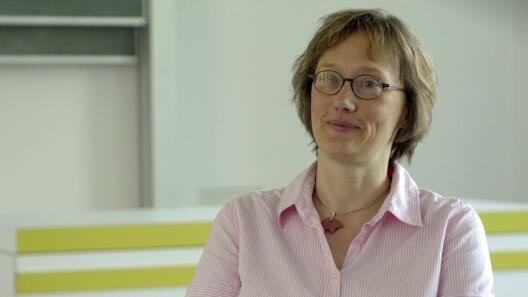Video series "Religion and Politics – Research Projects in Focus"

In the bilingual video series, “Research Projects in Focus”, researchers from the Cluster of Excellence “Religion and Politics” present their work in the interdisciplinary research association by way of interviews. Their topics range from the literature of the Mamluk realm, Jewish Medieval manuscripts and being forced to take on certain views in the Confessional age, to the justification of values and norms in modern times. The researchers describe their methods and results as well as what it is in particular that fascinates them about their field of research.


